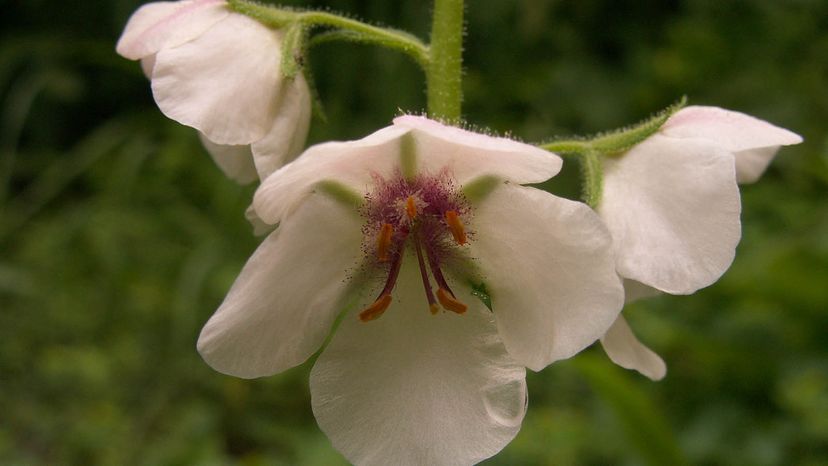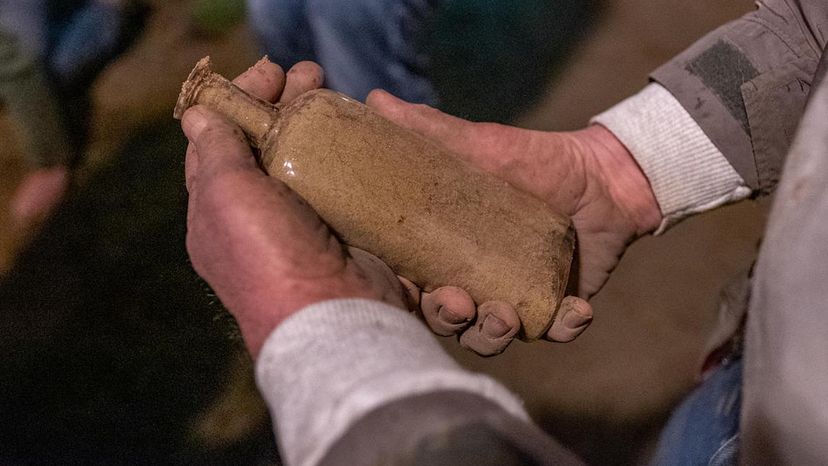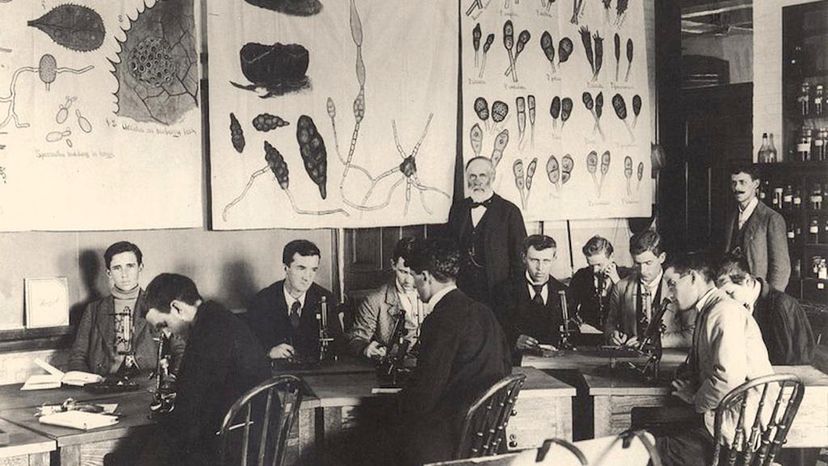
It's difficult to know what your legacy on this planet will be, but in 1879 when Michigan State University botanist William J. Beal started his weed seed experiment, he probably didn't think his contribution to science would still be running 142 years and several generations of botanists into the future. But the Beal seed viability experiment is proof that we can surprise ourselves.
Beal — who was a correspondent of Charles Darwin, if that gives you any context for how long ago the experiment started — was interested in how long the seeds of a variety of different weed species could sit dormant in the soil before they lost their ability to germinate.
Advertisement
We know seeds can survive a long time in permafrost and in special seed storage vaults, but Beal was interested in how long seeds could survive in the soil. So he planned a long-term study — a very long-term study: He planted 20 pint bottles filled with sand and the seeds of 21 different common weed species in a secret underground location on the Michigan State University campus, planning to dig up one bottle every five years until they ran out. And so he did, until he retired in 1910, at which point he passed the experiment along to a colleague, who passed it along down the line of Michigan State botanists — each generation drawing out the time between exhumations to make the experiment last as long as possible.

At this point, a new bottle of seeds is dug up every 20 years or so. The seed study caretakers go out under the cover of darkness, partly so nobody notices their trek to the secret location and partly so the seeds won't be exposed to the sun. After that, they take the pint bottle back to the lab and scatter the contents over sterile soil to see which ones germinate and grow. In 2000, botanists Frank Telewski and Jan Zeevaart unearthed and planted the seeds in the 15th bottle, and only one species — moth mullein (Verbascum blattaria) — was successful.
The 16th bottle was supposed to be unearthed in 2020, but because of COVID-19 restrictions, Telewski and the successors he nominated to take over the experiment after he retires waited until April of 2021. The seeds in this bottle will undergo a series of experiments Beal couldn't have dreamed of: RNA and DNA studies, longevity experiments and possibly even investigations into resurrecting seeds that would have been thought completely done for even 20 years ago.
We'll have to wait and see what happens in the following weeks to find out how many seeds actually germinate, though with four bottles left in the ground, the study itself is slated to go on for another 80 years.

Advertisement